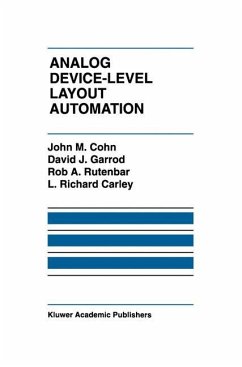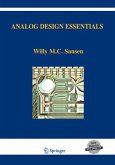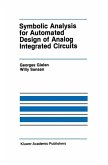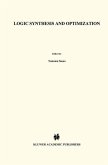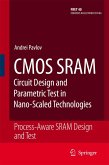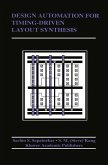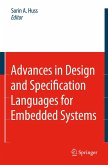This book presents a detailed summary of research on automatic layout of device-level analog circuits that was undertaken in the late 1980s and early 1990s at Carnegie Mellon University. We focus on the work behind the creation of the tools called KOAN and ANAGRAM II, which form part of the core of the CMU ACACIA analog CAD system. KOAN is a device placer for custom analog cells; ANANGRAM II a detailed area router for these analog cells. We strive to present the motivations behind the architecture of these tools, including detailed discussion of the subtle technology and circuit concerns that must be addressed in any successful analog or mixed-signal layout tool. Our approach in organizing the chapters of the book has been to present our algo rithms as a series of responses to these very real and very difficult analog layout problems. Finally, we present numerous examples of results generated by our algorithms. This research was supported in part by the Semiconductor Research Corpora tion, by the National Science Foundation, by Harris Semiconductor, and by the International Business Machines Corporation Resident Study Program. Finally, just for the record: John Cohn was the designer of the KOAN placer; David Garrod was the designer of the ANAGRAM II router (and its predeces sor, ANAGRAM I). This book was architected by all four authors, edited by John Cohn and Rob Rutenbar, and produced in finished form by John Cohn.
Bitte wählen Sie Ihr Anliegen aus.
Rechnungen
Retourenschein anfordern
Bestellstatus
Storno

